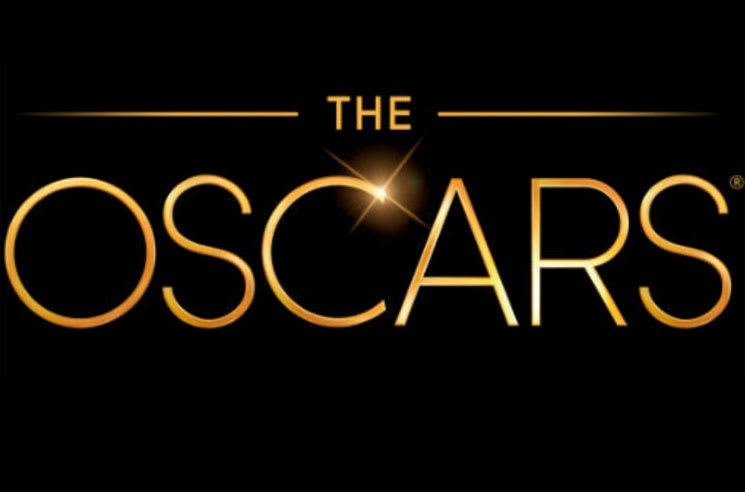Steven Soderbergh has shed some light on that controversial decision to end the 2021 Oscars on the Best Actor award. The filmmaker, who produced the ceremony alongside Stacey Sher and Jesse Collins, has shared that they had banked on the possibility that the late Chadwick Boseman would take home the award, and that "there would be nowhere to go after that."
Speaking with the Los Angeles Times, the director explained that the move was a calculated risk — a type of insurance the Academy Awards afforded the production team — that if in the case that Boseman did win, the award for Best Picture wouldn't have a damper on it.
"I said if there was even the sliver of a chance that [Boseman] would win and that his widow would speak, then we were operating under the fact that was the end of the show," Soderbergh said. "So it wasn't like we assumed it would, but if there was even a possibility that it would happen, then you have to account for that. That would have been such a shattering moment, that to come back after that would have been just impossible."
Of course, Boseman didn't win — Anthony Hopkins took home Best Actor instead. And as for not allowing the absent Hopkins to accept the award remotely, Soderbergh stands by the choice.
When asked, in hindsight, if he would rethink the decision to allow Zoom attendance, Soderbergh said no.
While the filmmaker holds true to his vision of the ceremony, it is also true that this year's Oscars were the lowest rated in history. As previously reported, the 93rd Academy Awards were watched by only a measly 9.85 million viewers, with a dismal rating of 1.9 among the 18-49 demographic. Those numbers represent a massive 58 percent drop from last year.
Of course, the other metric by which to measure the success of any award ceremony — Twitter — also made it clear that people were super pissed about the ending.
Regardless, Soderbergh was clear that he has no regrets: "I have to say everybody — the Academy, the network, everybody — was very supportive of all the creative moves that we made."
Speaking with the Los Angeles Times, the director explained that the move was a calculated risk — a type of insurance the Academy Awards afforded the production team — that if in the case that Boseman did win, the award for Best Picture wouldn't have a damper on it.
"I said if there was even the sliver of a chance that [Boseman] would win and that his widow would speak, then we were operating under the fact that was the end of the show," Soderbergh said. "So it wasn't like we assumed it would, but if there was even a possibility that it would happen, then you have to account for that. That would have been such a shattering moment, that to come back after that would have been just impossible."
Of course, Boseman didn't win — Anthony Hopkins took home Best Actor instead. And as for not allowing the absent Hopkins to accept the award remotely, Soderbergh stands by the choice.
When asked, in hindsight, if he would rethink the decision to allow Zoom attendance, Soderbergh said no.
While the filmmaker holds true to his vision of the ceremony, it is also true that this year's Oscars were the lowest rated in history. As previously reported, the 93rd Academy Awards were watched by only a measly 9.85 million viewers, with a dismal rating of 1.9 among the 18-49 demographic. Those numbers represent a massive 58 percent drop from last year.
Of course, the other metric by which to measure the success of any award ceremony — Twitter — also made it clear that people were super pissed about the ending.
Regardless, Soderbergh was clear that he has no regrets: "I have to say everybody — the Academy, the network, everybody — was very supportive of all the creative moves that we made."
